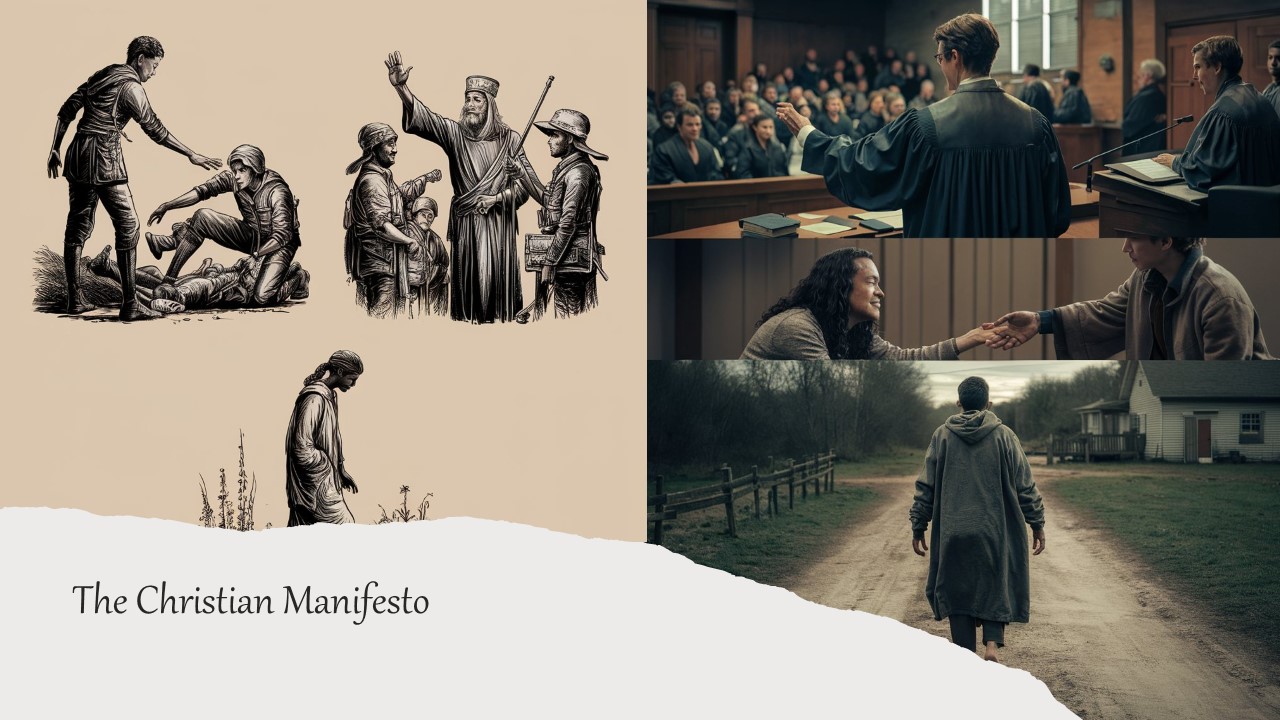In the Bible, Jeremiah and Jesus powerfully convey themes of judgment and hope. Jeremiah, amidst Judah's turmoil, prophesied severe consequences for societal sins, urging repentance to avert divine judgment. Yet, he also offered hope, envisioning a future of restoration and a new covenant of heartfelt devotion to God (Jeremiah 30:3, 33:6-8). Centuries later, Jesus reiterated these themes, warning of coming judgment but also redefining God's kingdom as a present and future reality rooted in love, justice, and mercy (Luke 17:20-21). Their messages, echoing through time, emphasize the interplay of repentance and active engagement in building a just and loving world, resonating deeply in our contemporary context.

We begin our study of the book of Leviticus and begin to explore the notion of what it means to be holy. Scriptures referenced...

This episode explores Micah's historical context within Judah, his rural perspective, and the relevance of his message today. It then focuses intensely on Micah...

The book of 2 Timothy, written by the Apostle Paul during his second and final imprisonment in Rome, captures a profound moment of urgency...